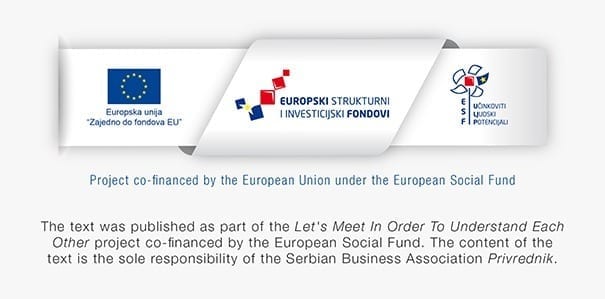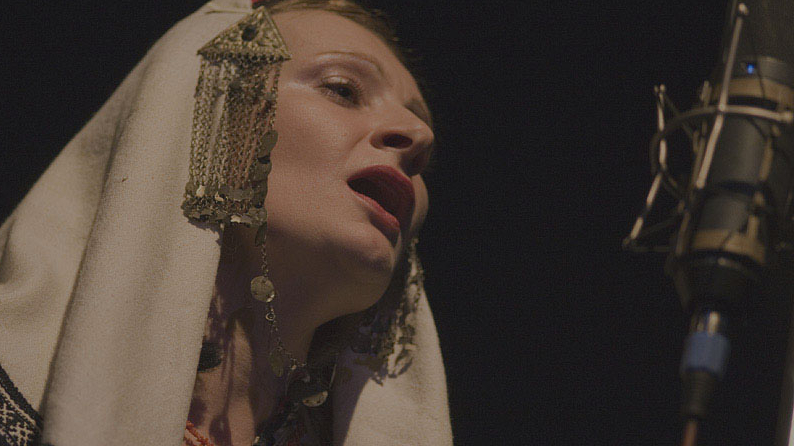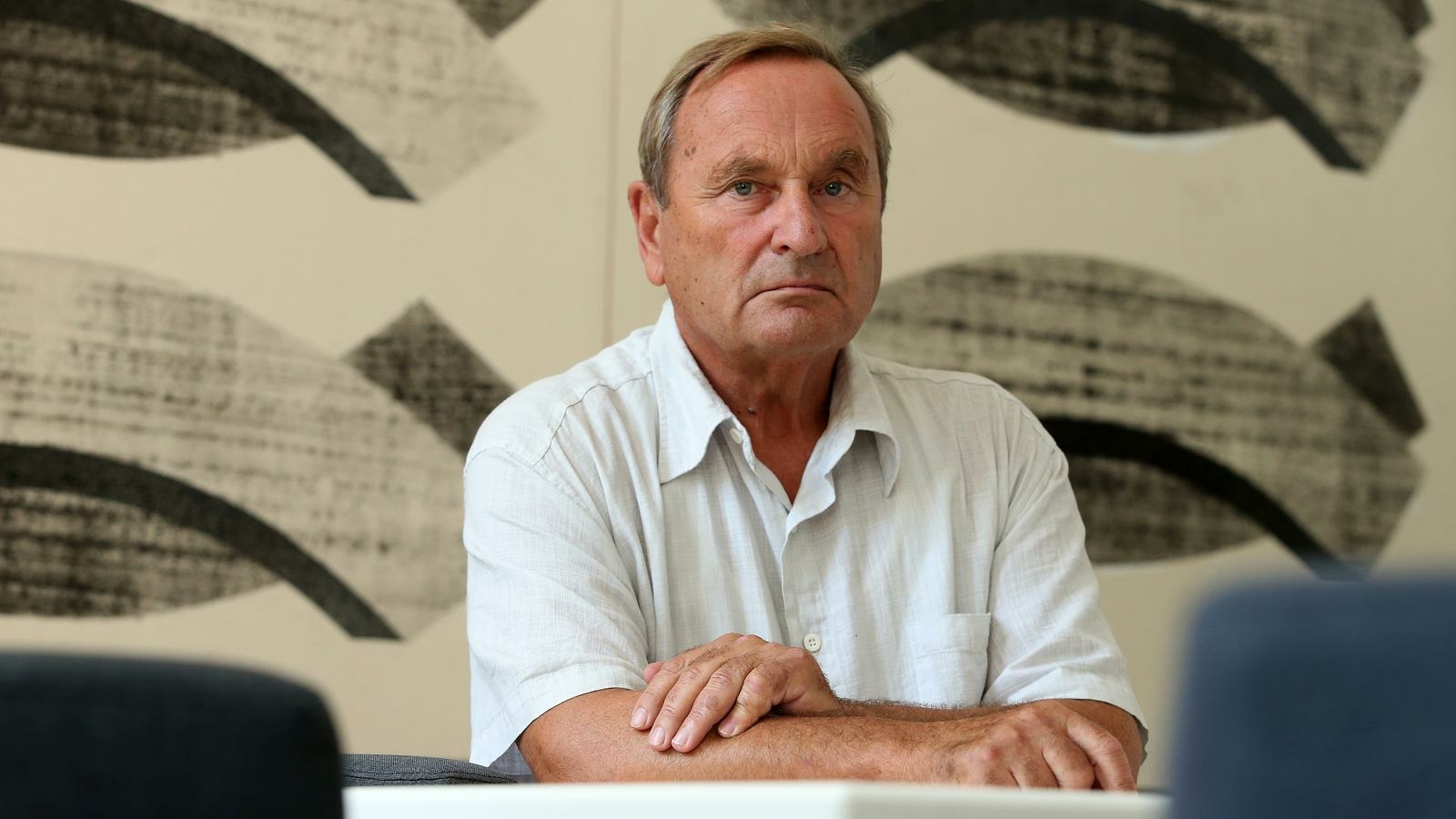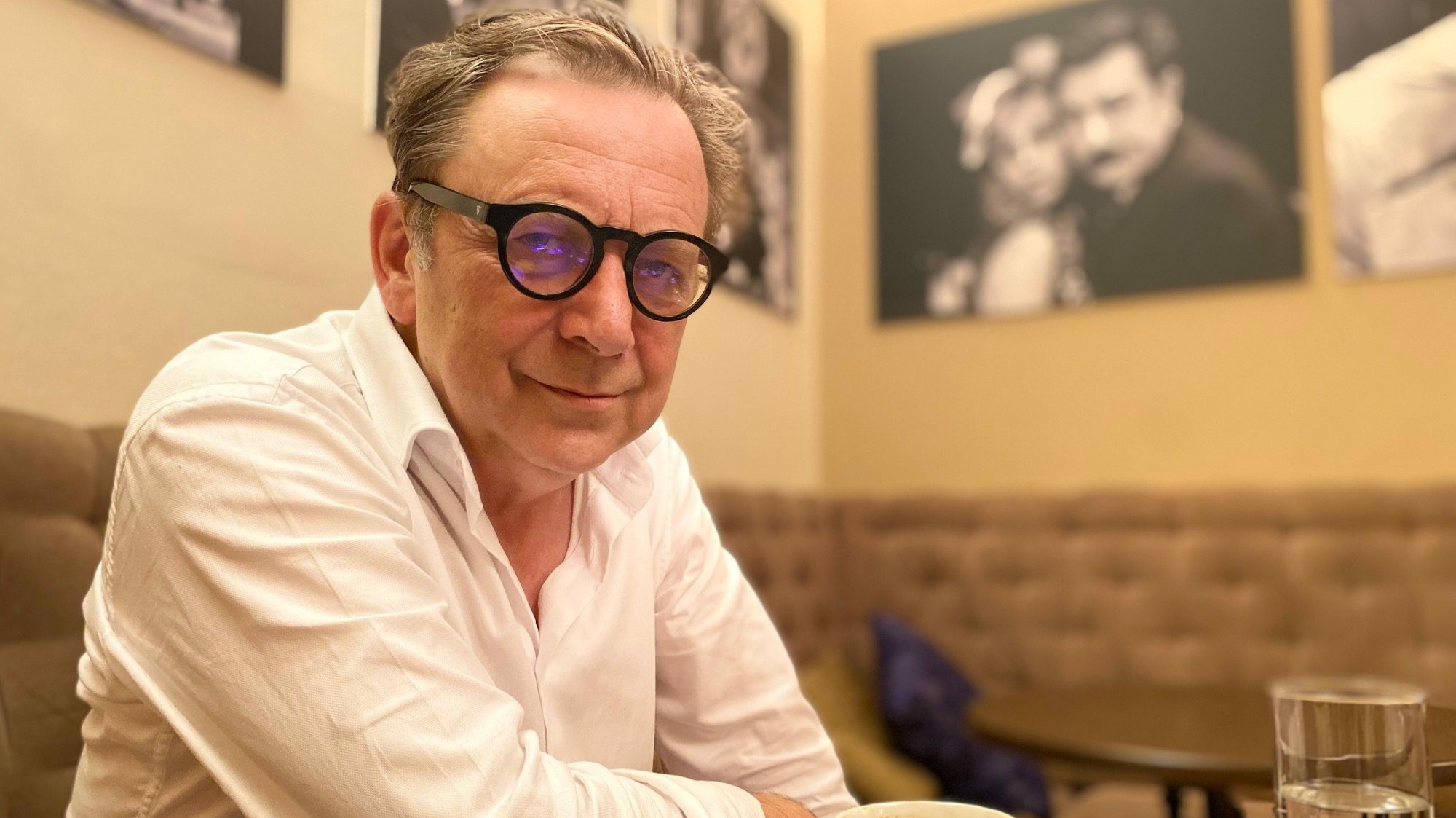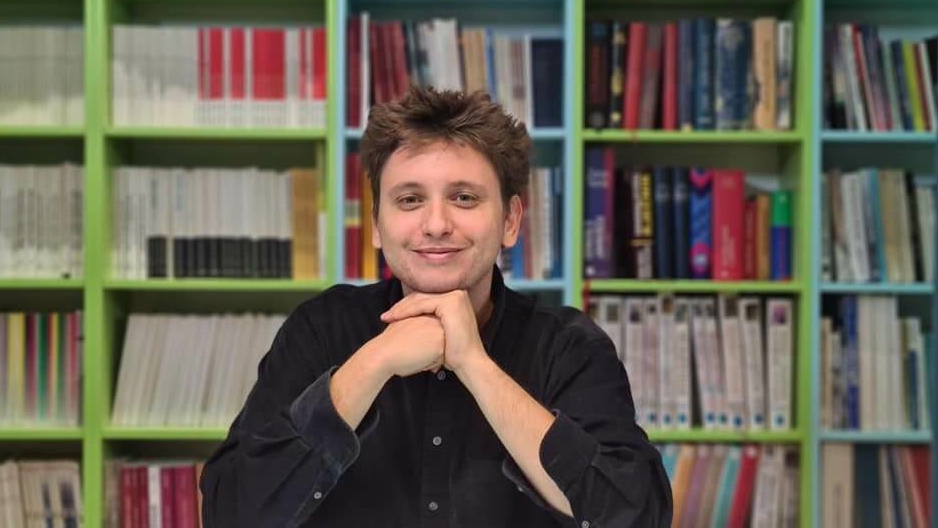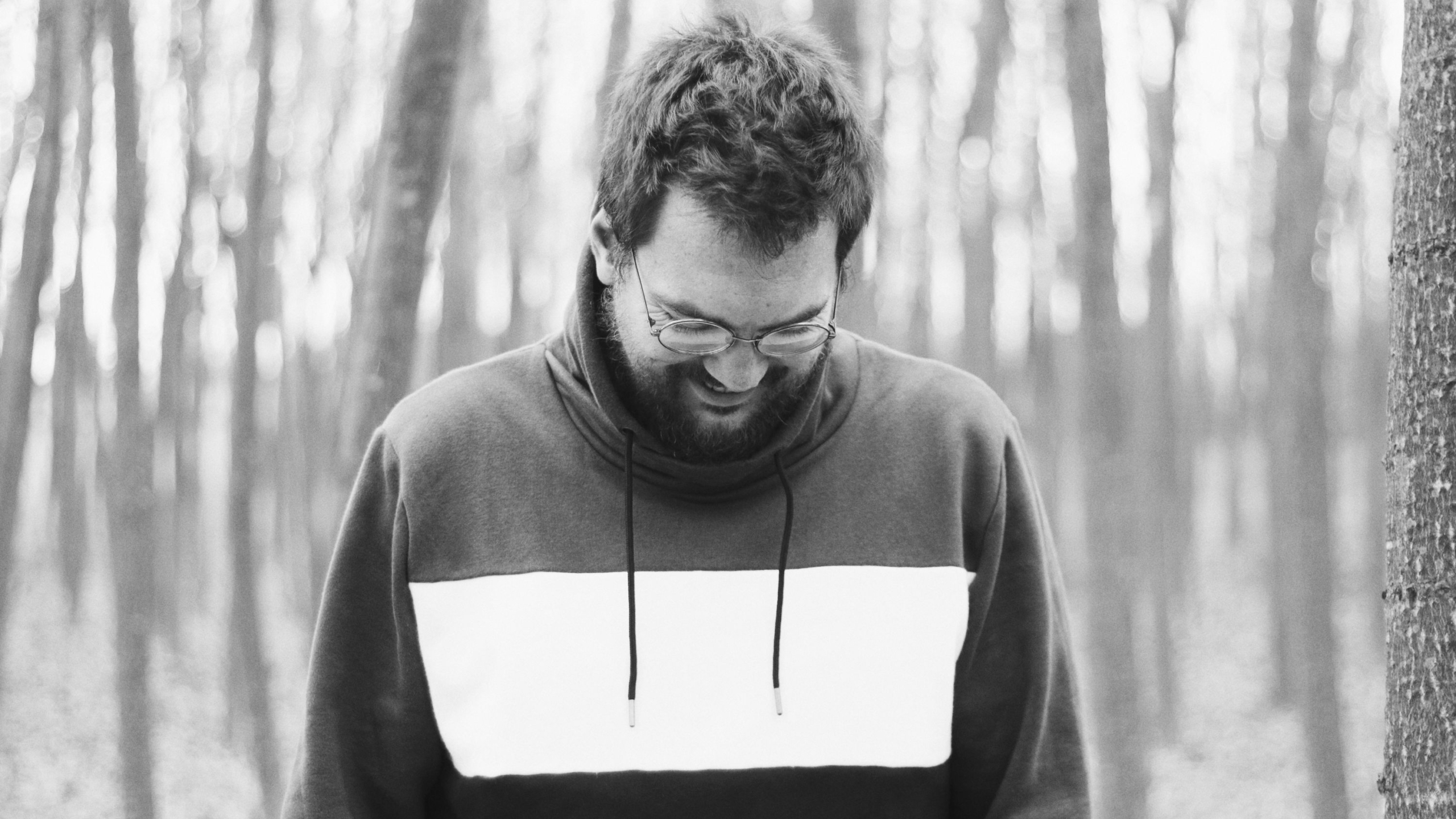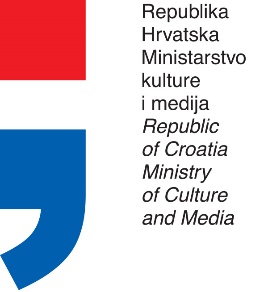Svetlana Spajić, one of the most authentic figures in Serbian culture, is also one of the few people who always bring only song to the Serbs-returnees in Croatia – and who always bring out the song in them. Krajina songs and the Krajina people hold a special place in her work on exploring and continuing old vocal techniques and traditional forms. She recorded the album Žegar živi (Žegar Lives) with returnees in the Dalmatian hinterland in 2008. It was her inestimable contribution to recording and preserving their voice and the voice about them for future generations. Although she has performed in the most prestigious concert halls and international festivals and collaborated with world-renowned artists of different sensibilities, Sijelo Tromeđe in Strmica, she says, is always a special date in her calendar. She talked to Privrednik after her return from this year’s Sijelo, held, like in the past 26 years, at the meeting point of Lika, Bosnia and Dalmatia.
Year after year, you come to Sijelo Tromeđe, sometimes directly from a big international festival. What is so valuable in Strmica that you keep coming back to it?
The debt we owe to that place. For me, it is the most important cultural event of the Serbs. The culture of Krajina Serbs is very important to me, and this is the place where Serbs from all over Krajina gather. They meet to see each other and to share that which is their essence, their identity. This place is also important to me as someone who gradually received Krajina culture – its powerful language, speech, way of communication, colorful dress and the most beautiful thing a culture produces – the song, which is so distinct and characteristic. All this – the Krajina Eurovision, as it were – is contained in the small Strmica community. People come here from Niš, Belgrade, Vojvodina, Potkozarje and the three regions – Dalmatia, Lika and Bosnian Krajina.
Celebration of identity
Your reputation is an excellent “commercial” for this event. What would its status be if you and a few other established artists did not support it? What is the status of traditional folk song like today?
Rade Matijaš established Sijelo, and it would not be marginalized without us. He was a man with a lot of energy and understanding who knew how to bring together Krajina people of all generations and inclinations. He got ordinary people, those in politics and those in culture together, and even found us “outsiders” who wanted to support it and receive that spirit. It is a celebration of culture, identity and heritage. It is also a place of freedom where everyone is welcome. It all takes place in front of the church, and we will stay there because we love being there. It is where the people should gather, dance the kolo and sing.
I think that Sijelo should remain as it is. If it outgrew its original concept, I feel it would become something else. As long as it isn’t a huge event like the trumpet festival in Guča, it will pulsate with its own life. It is one of the few festivals of folk culture without juries and competition. People come like they used to in the past – to see each other and compete amongst themselves if necessary, without any traces of what communism once brought or new ideas about tradition and folk heritage. This is authentic, by and for the people. From the head of the people, like the kolo of Njegoš in The Mountain Wreath.
You have visited many regions, where you got to know and take in the wisdom and beauty of the local populations’ expression. How would you define the Krajina people?
The fact there is a special notion and word – Krajina – in the Serbian language speaks for itself. When you think about it, we are all Krajina people. When I describe my repertoire, I often say – from the Knin Krajina to Negotin Krajina. It is a special thing. Of course, it also carries a lot of difficulties with it, and Krajina people are different from some other Serbs. It is difficult being from Krajina, from the borderland between different cultures. Because of that, Krajina people sometimes guarded their culture more fervently and jealously.
The ojkača or ojkalica has become representative of the Krajina people.
The Krajina song is now branded; it started receiving attention when it became culturally and politically relevant, and then the disputes began. The ojkan, ojkača or ojkalica does not mean much in a village like Žegar, where there are still many bearers of folk heritage. There are so many different folk art forms and ways of communication and expression that a branding like that is completely irrelevant. I guess we onlookers from the outside feel the need to classify it, but in that classification, we lose sight of many layers and finesses; we generalize things and miss out on the fine differences. We will always sing something, but not everyone carries the spirit of tradition.
How come your work is much better received in the English than in the Serbian speaking area?
That doesn’t mean they know better somewhere else than we do here. It says more about the social climate and dynamics here. The only things that motivate me in all this are love, passion and curiosity. I never planned a career nor dreamed of one day helping and transferring knowledge to the younger generation. I was persistent and curious in my search, listening to the consonances, pulsation and prosody and constantly comparing myself with the best folk singers. How come we can immediately tell a folk band from a city band as soon as they start singing? My search for the answers led me deeper into this world until a whole new musical universe opened for me, which is based on the essence of our people, and that is our language just as it is, with its dialects, dynamics and tones. Until you return to that language, there is much you cannot understand. When I wanted to start singing Krajina songs, I first had to master the way of communication and the language itself. And then this different musical universe becomes interesting and important to “outsiders,” just as Persian or Indian traditional music is interesting.
Žegar lives
Many bearers of the heritage of traditional expression and forms are leaving, and those fine nuances you speak of disappear with them forever.
It is not the same listening to recordings from a village from the 1950s and the 1980s. You can hear everything slowly being simplified and the melody changing. We cannot judge one as better than the other, but the differences are felt because people are more and more exposed to the media, different music and mass culture. It is very difficult to preserve it. Only the strongest, the most steadfast and dedicated succeeded in it, such as Obrad Milić, who has lost none of the nuances. He is a true traditional artist who knows everything, from the gusle and diple to various stories, anecdotes and old songs… These were the people I searched for, and they were my teachers and mentors. I cannot receive their knowledge as perfectly as they have, but it was important to me to receive the spirit.
Perhaps we as a society should make an effort to preserve this valuable cultural heritage, so that everything doesn’t rest on individuals, fans and devotees.
It is difficult because heritage is a matter of the community. And if new communities have formed, and they are not rural communities, they are searching for their place. We say we must or should preserve it, but what is the recipe for that? I have thought about this a lot. We already have a network of folklore societies, and, although they have in large part uniformized and erased our local traditions, they are there and have established traditions of their own. Imagine if a folklore society from Zaječar or Kragujevac vertically connected with the culture of that area, whose representatives, naturally, are the oldest generation. There will always be someone who remembers and knows something, so you get this finesse and diversity. As things stand now, we have a hundred folklore societies singing the same 15 songs, sharing them among themselves and not caring what they once sounded like. Heritage must be transmitted face to face, through a personal contact between people. Just like you cannot be raised by a manual on a computer but by parents and grandparents, so it is with this. Without living people and intergenerational contact, there can be no traditional song.
You recorded the album Žegar živi with returnees in the Dalmatian hinterland. What was that experience like?
For me, it all started when Jandrino jato sang an old groktalica a cappella at Dom Sindikata. It turned out that Jandre was one of the first to return to his village of Bratiškovci. When I visited him there for the first time, I composed a poem as an invitation to show my respect. Žegar živi was recorded in the kitchen of the Radmilović family in Žegar. It was a great success. Leading international music magazines wrote favorable reviews and articles about the singers from Žegar. One headline said: “Shepherds in Žegar, artists in London.” The BBC broadcast three programs about it, but the album flew under the radar here. It wasn’t talked about. I am especially sorry that the experts did not react to it. Only 10 months later, Croatia nominated the ojkalica song for UNESCO’s list, and there was an uproar around whose the ojkalica is. You know, the ojkalica belongs to those who really live that tradition. UNESCO protection is in vain if you artificially force it.
Is the value system in the songs you sing an anachronism today?
Imagine a whole universe of special, highly coded ways of expression and artistic and poetic forms that existed in the past. The Dinaric people are said to be curt – on the contrary! It is a highly formalized culture. This rich verbosity with many nuances is now impoverished. Our communication is very terse. We have lost a lot in this area, but it seems that all cultures lose something in globalization. It is very hard to imagine a way to preserve it because traditional culture, like everything else, becomes a victim of market relations. If my traditional singing is perceived as goods in this supply and demand, it us up to me to find the balance between presenting my tradition to the world, attending festivals and working for the benefit of my people. I think this is the way we can preserve traditional songs: we should spend as much time as possible with the oldest singers.
Translation from Croatian: Jelena Šimpraga
